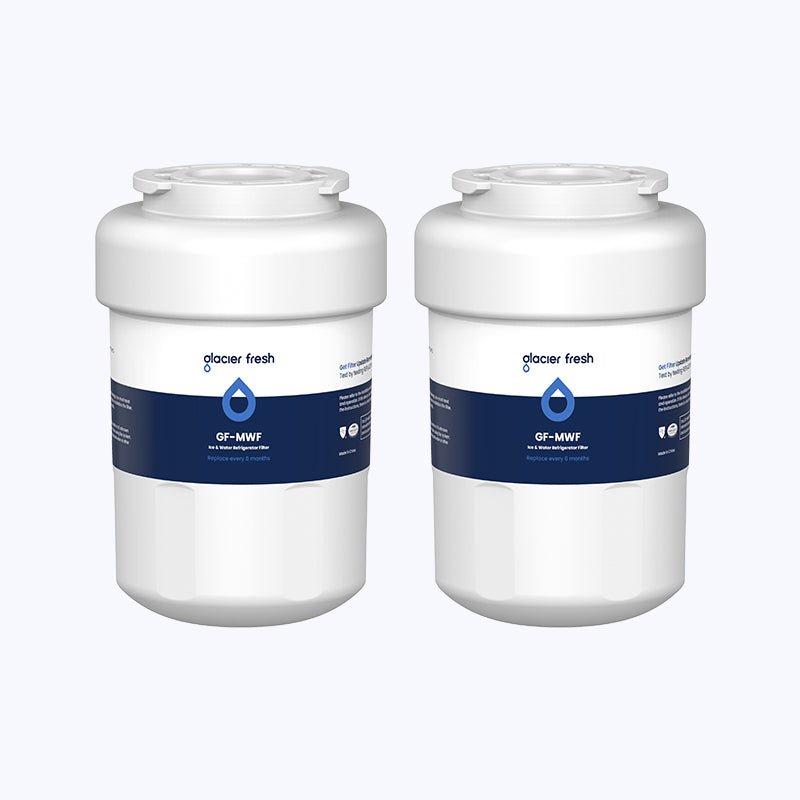Guest
Guest
Sep 12, 2024
10:46 AM

|
Understanding the Science Behind Chlorine Taste in Water: Causes and Solutions
Water is essential for life, yet many people are deterred from drinking it due to an unpleasant chlorine taste. This blog post aims to provide a comprehensive understanding of the causes behind this taste and the effective solutions for chlorine taste elimination. 
What Causes Chlorine Taste in Water?
The presence of chlorine in drinking water primarily results from municipal water treatment processes. Chlorine is added to disinfect water, killing harmful bacteria and pathogens. However, when chlorine reacts with organic matter in the water, it can produce chloramines, which contribute to the undesirable taste and odor.
- Water Source: The source of your water can significantly influence its chlorine levels. Surface water often contains higher organic material, leading to more chlorine byproducts.
- Water Treatment: Different municipalities use varying amounts of chlorine during treatment, which can affect the taste.
- Storage and Distribution: Water stored in tanks or pipes for extended periods may develop a stronger chlorine taste due to stagnation.
Health Implications of Chlorine in Drinking Water
While chlorine is effective in disinfecting water, excessive consumption may lead to health concerns. Some studies suggest that long-term exposure to chlorinated water could be linked to certain health issues. Therefore, understanding chlorine taste elimination is not just about improving taste; it is also about ensuring safe drinking water.
Effective Solutions for Chlorine Taste Elimination
Fortunately, there are several methods to eliminate the chlorine taste from your drinking water:
- Activated Carbon Filters: These filters are highly effective in removing chlorine and its byproducts. They work by adsorbing contaminants, making them a popular choice for home water treatment.
- Reverse Osmosis Systems: This method uses a semi-permeable membrane to remove chlorine and other impurities, providing clean, great-tasting water.
- Boiling Water: Boiling can help dissipate chlorine. However, this method may not be practical for large quantities of water.
- Letting Water Sit: Allowing water to sit for a few hours can help chlorine evaporate, though this is not a foolproof method.
For those looking for high-quality filtration solutions, consider exploring options available at  . These products are designed to effectively tackle chlorine taste and improve overall water quality. . These products are designed to effectively tackle chlorine taste and improve overall water quality.
Conclusion
Understanding the science behind chlorine taste in water is crucial for making informed decisions about your drinking water. By implementing effective solutions for chlorine taste elimination, you can enjoy clean, refreshing water without the unpleasant taste. Whether you opt for activated carbon filters or reverse osmosis systems, the choice is yours. Remember, clean water is not just a luxury; it is a necessity for a healthy lifestyle.
|